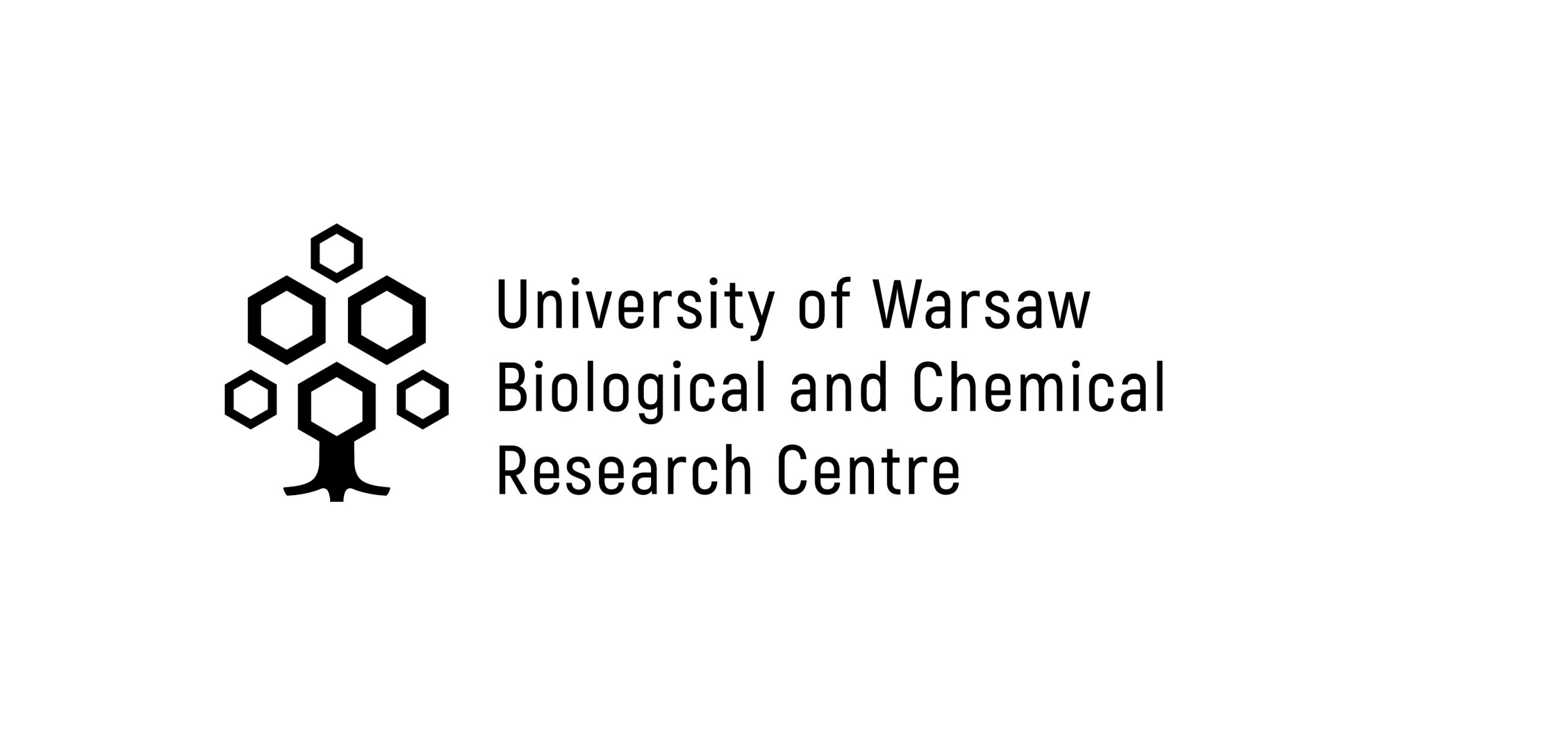Laboratory of Bionanostructures
Description of the Group
The group’s research interests include the construction and properties of supramolecular and biomolecular systems, biocatalysis and molecular recognition at the phase boundaries. Research is being conducted into molecular self-organisation on solid and liquid substrates, properties of Langmuir-Blodgett mono- and multi-layers.
Research activities
The group’s experimental and computational work is also directed towards multi-purpose drug carriers (e.g. for anthracyclines) based on cyclic oligosaccharides (cyclodextrines), gold nanoparticles and polymer nano- and microstructures. The new carriers are constructed on the basis of two main objectives: to minimize the side effects of anticancer therapy on healthy body tissues and to maximize the amount of drug delivered to the affected cells.
In order to achieve the above objectives we focus not only on the modification of the carriers with agents targeting the specified cancer cells, but also we use the effect of EPR (increased permeability and retention effect) and the difference in pH between cancer and healthy tissue. Physicochemical research of newly synthesized drug carriers is aimed at determining the kinetics of binding and the mechanisms of drug release, e.g. anthracyclines from the carrier and the influence of the obtained carriers on the interaction of drugs with DNA and biological membranes.
The Laboratory of Bionanostructures also conducts studies on the interactions of biologically active substances with model cell membranes prepared by the Langmuir method. Our studies conducted within the frame of our projects are focused on the determination of the efficiency of transport of selected drugs (e.g. an-thracyclines, statins, perfluorinated compounds) and the mechanisms of their interactions with biological membranes and their models.
Offer
- UV-Vis tests at a strictly defined temperature (10-60ºC range – 0.1ºC accuracy) including biological samples (DNA);
- Determination of stability constants of complexes and dependence of stability constants on temperature. Physicochemical characteristics of thermo-sensitive materials;
- Electrochemical measurements – studies on redox properties, determination of diffusion coefficients, stability constants of complexes;
- Surface tension measurements, surface properties of surfactants, lipids and other amphiphilic compounds;
- Synthesis and characterization of the size of metallic and lipid nanoparticles;
- Modification of electrodes with catalytic active layers, determination of catalytic activity.
Team leader
Professor Renata Bilewicz has been a full professor at the Faculty of Chemistry of the University of Warsaw since 2002. She is an author of more than 200 papers in the field of bio- and supramo-lecular electrochemistry, as well as interphase surfaces and molecular layers. She cooperates with Prof. E. Landau at the University of Zurich and R. Mezzenga (ETH) in the framework of the SNSF Synergy project and the Polish-Swiss PSPB cooperation programme (2010-2018) in the field of lipid liquid crystals.She is a member of the Bioelectrochem Society Council, she chaired the International Soc. of Electrochemistry Bioelectrochemical Section, was the secretary of PTChem (Polish Chemical Society, 1994-97) and the chairman of the War-saw Branch of PTChem. She was awarded the Third Prize of the Polish Academy of Sciences and the Medal of the National Education Commission.
